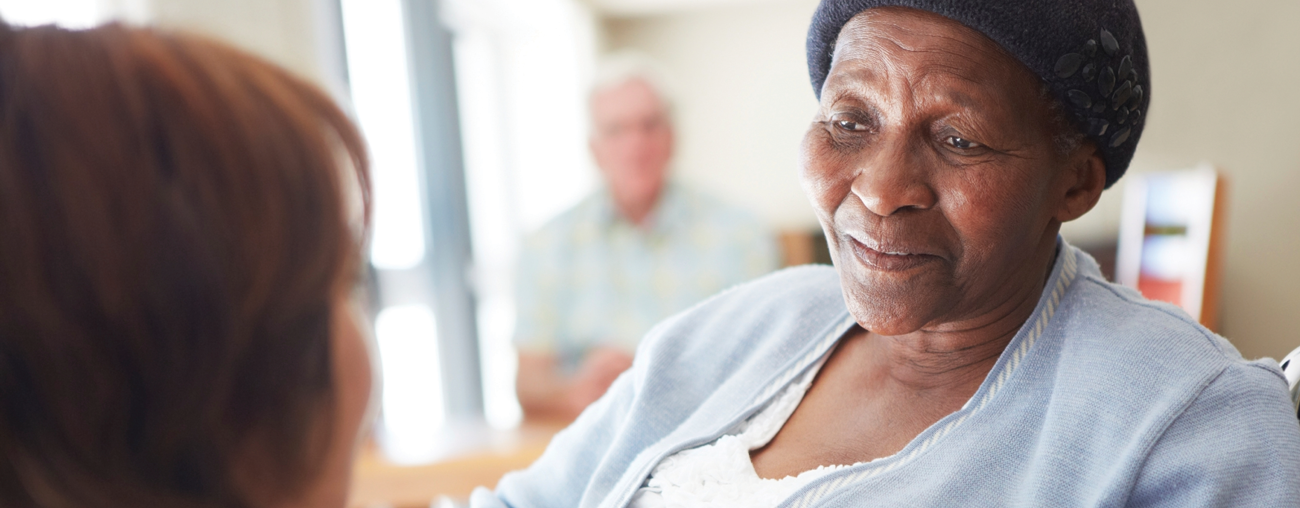
Never Miss a Chance to Do the Most Good
Please enter your name, email and zip code below to sign up!
Never Miss a Chance to Do the Most Good
Please enter your name, email and zip code below to sign up!

Medical Respite at Salvation Army Harbor Light
Transforming Health Outcomes for Unhoused Individuals Through Compassionate Care
For Healthcare Professionals: Partnering to Break the Cycle of Homelessness and Poor Health
Imagine this: a homeless woman, recently discharged from the hospital after having several toes amputated due to chronic diabetes, is sent to an emergency shelter. Each morning, she’s required to leave, spending her days wandering the streets with nowhere to rest, clean her wounds, or take her medications. Exhausted and unable to manage her care, she inevitably ends up back in the emergency room. This scenario isn’t uncommon. Homeless individuals often face greater health challenges and higher mortality rates than those with stable housing. Hospitals and shelters do their best, but the gap between critical care and safe, stable recovery is vast—and costly.
That's where medical respite comes in.
What Is Medical Respite (also known as Recuperative Care) and Why Is It Essential?
Medical respite bridges the critical gap in care for unhoused individuals who are too well to remain hospitalized but too ill to return to shelters or the streets. Research shows that without proper post-discharge care, individuals experiencing homelessness have significantly higher readmission rates—many within two weeks. Medical respite offers a cost-effective, dignified solution: a safe place to recover and access follow-up care while addressing the unique barriers faced by this population. It’s a compassionate and evidence-based approach to breaking the cycle of poor health and housing insecurity.
What We Provide
Our program offers more than a place to heal—it’s a holistic approach to recovery designed to empower patients and improve outcomes:
- A safe, clean, 24-hour healing environment tailored to support recovery.
- Discharge plan coordination for seamless transitions from hospital to respite care.
- Medication management and compliance to ensure proper treatment.
- Education on Wound and post-surgery education and self-care management for sustainable health.
- Transportation and coordination for follow-up medical appointments.
- Behavioral health support integrated into the care plan.
- Nutritional support to promote physical well-being.
- Access to prescribed home health services for continued care.
- Comprehensive case management to connect patients with long-term solutions.
- Around-the-clock access to compassionate staff who truly care.
Why Partner with Us?
As healthcare professionals, your role in identifying and referring patients for medical respite is vital. Together, we can improve health outcomes, reduce hospital readmissions, and provide dignified care for those who need it most. By referring your patients to our program, you’re not just discharging them—you’re giving them a chance to truly heal. Join us in rewriting the story for unhoused individuals with complex medical needs. Let’s work together to bridge the gap and build healthier communities.
Referral Information
We invite healthcare professionals to partner with us in providing high-quality medical respite care for patients experiencing homelessness. Our program is designed to bridge the gap between hospital discharge and full recovery, offering a safe, supportive environment tailored to their unique needs.
How to Make a Referral
Referrals can be made by hospital discharge nurses, physicians, social workers, or case managers. To initiate the process, please contact us at 313-870-6801. Our team will guide you through the referral process and ensure a seamless transition for your patient.
Admissions Criteria
- Be 18 years of age or older
- Be homeless or at imminent risk of homelessness
- Require recuperative services for a post-acute medical condition
- Require no more than minimal assistance with activities of daily living (ADLs)
- Be free from communicable diseases
- Be psychiatrically stable and not a danger to self or others
- Not require a secured environment for dementia care
- Have a medical condition necessitating short-term supportive care
- Be ambulatory (with or without assistive devices)
- Be willing to adhere to program rules and participate in self-care activities
By referring your patients, you help ensure they receive the care and support needed to recover safely, reducing the risk of hospital readmission and improving long-term outcomes.
For any questions or additional information, please contact us at 313-870-6801. We look forward to working with you to provide exceptional care.
Locations
| Detroit Harbor Light 3737 Lawton Street Detroit, MI 48208 |
Macomb Harbor Light |
Monroe Harbor Light |
Our Partners









